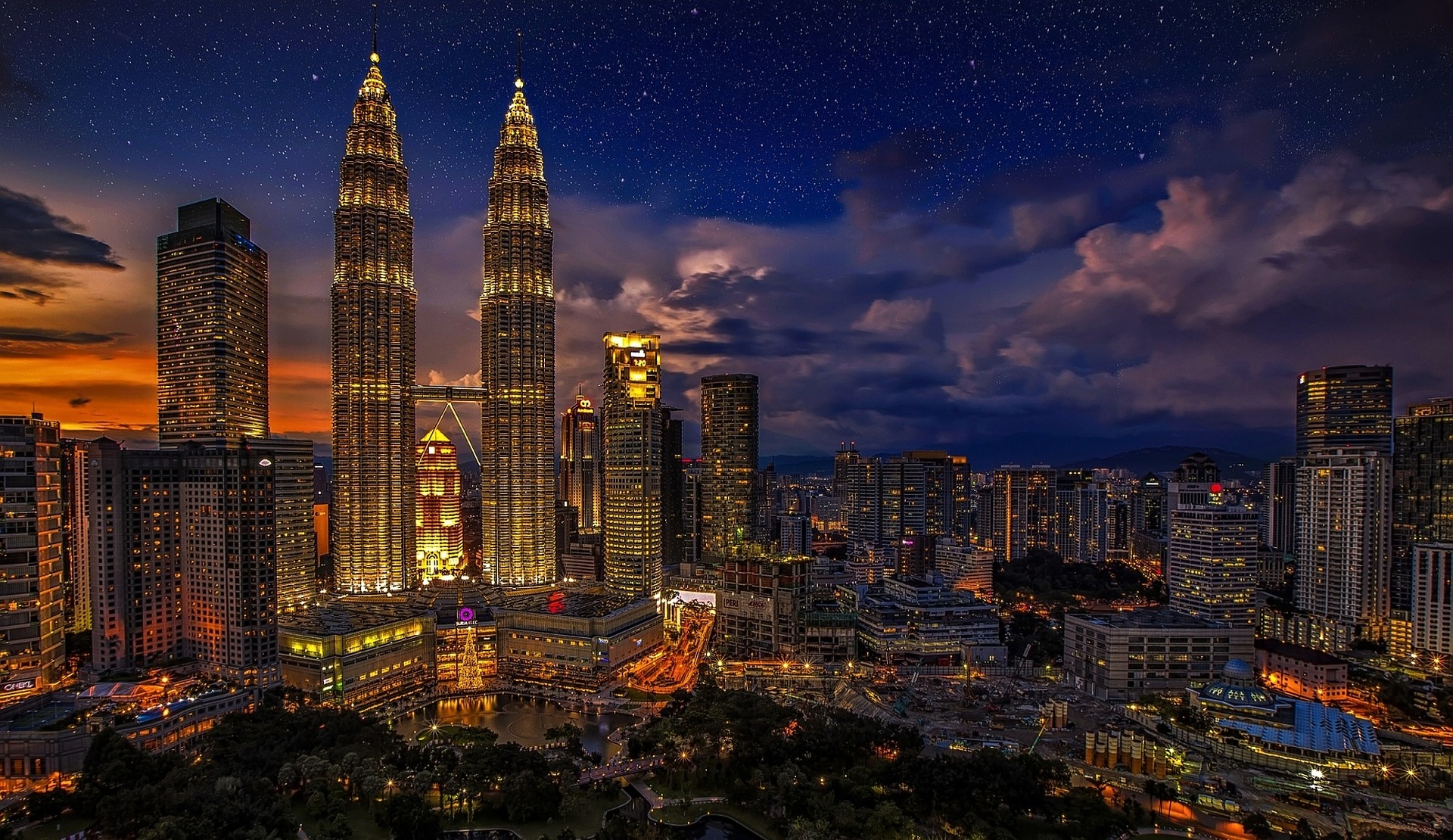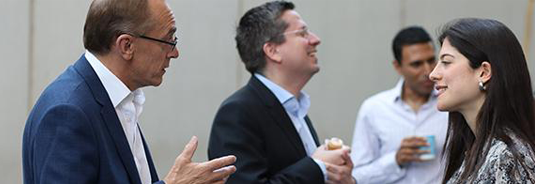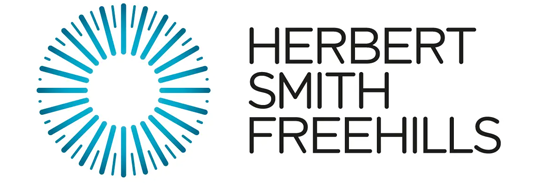The University of Cambridge, which came into existence in the thirteenth century, combines a distinguished history with a vibrant, forward-looking educational and research mission. In 2023, Cambridge, which has research departments and teaching faculties in most academic disciplines, was tied for third in the world in the Law by the Times Higher Education World University Rankings and ranked second in the QS World University Rankings.
Distinguished Cambridge University alumni include Isaac Newton, Charles Darwin, Samuel Pepys, J M Keynes and more recently Salman Rushdie, John Cleese, Jane Goodall and Stephen Hawking. The University and its affiliates have won more Nobel Prizes than those of any other institution in the world.
The University prescribes minimum requirements for student admissions and lays down regulations for residence and study and provides lectures and seminars. The University additionally conducts examinations, confers degrees, and is generally responsible for maintaining the principal libraries, laboratories and museums affiliated with the University. It is also an employer of most (but not all) of the academic staff at Cambridge.
Cambridge University's numerous architecturally distinguished ancient and modern buildings do much to shape the attractive look and 'feel' of the city of Cambridge, a popular tourist destination. The University is closely linked with the 'Silicon Fen' development, a prominent high-tech business cluster in and around Cambridge. Cambridge has excellent transport links to London and, in particular, London’s financial district, known as 'the City'. Numerous lawyers in 'City' law firms live in Cambridge and commute to London.
The University has created a virtual tour which potential applicants can use to explore Cambridge at any time, which includes a postgraduate law section.





